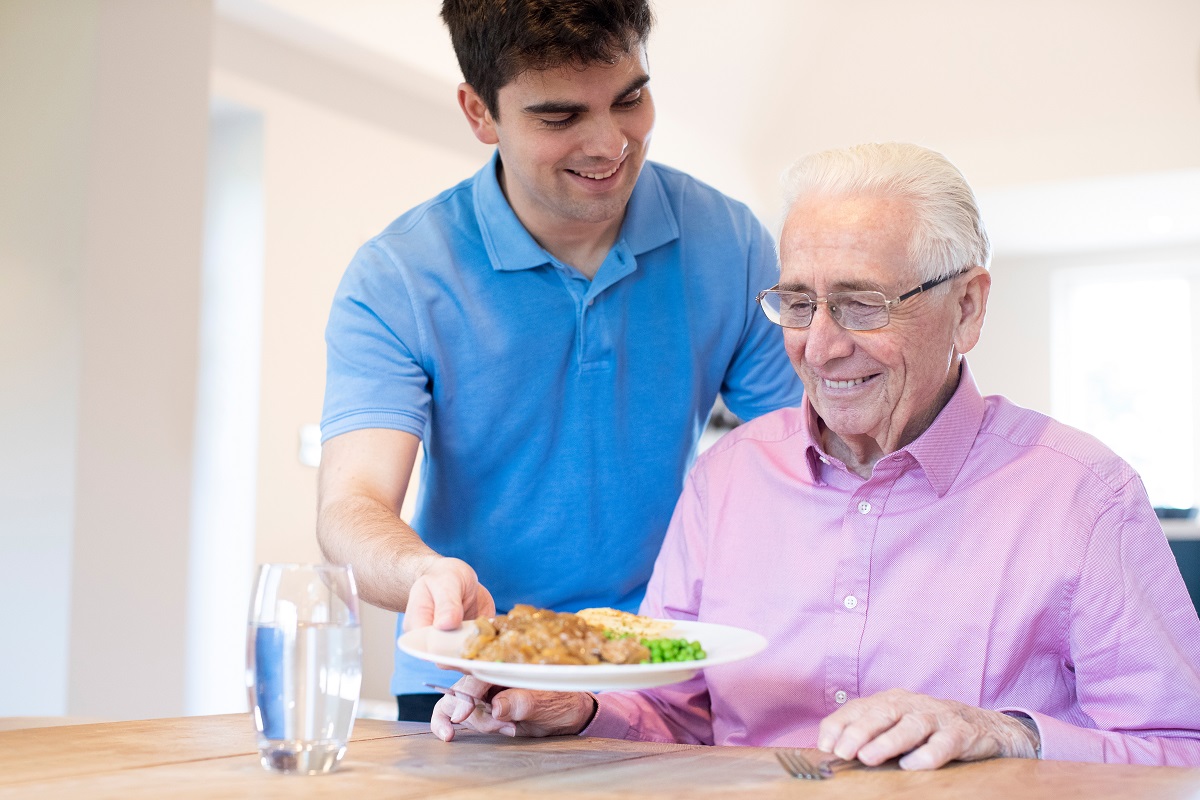It’s really important to get everything you’re entitled to as a family carer. Adam and Daniel Pike, Co-founders of SuperCarers reveal how to make sure you aren’t missing out
Start by speaking to the professionals
Professional advice and support can often make a huge difference to your life; from doctors to social workers, there are lots of people and organisations who may be able to give you the help your loved one needs, or at least point you in the right direction.
Try speaking with some of the following to see what’s available:
• Your loved one’s GP
• Charities working in care, e.g. Carers UK
• Independent Care Advisors (to develop a personalised care plan)
• Independent Financial Advisors (to manage your loved one’s current and future finances)
• Your local authority
What your Local Authority can do
Care is expensive and it can be difficult to know how you are going to pay for it. Fortunately, depending on your situation, you and your loved one may be eligible for local authority support which comes in several different forms, including:
• Carer’s Allowance / Carer’s Credit
• Support and Needs Assessments
• Carer’s Assessments
• Funding for home improvements
Carer’s Allowance
Carer’s Allowance is the main state benefit for carers and is currently £62.70 per week. Entitlement depends on whether or not you meet the eligibility criteria and on the overlapping benefit rules, whereby if you receive more than the amount of Carer’s Allowance from another listed benefit, you will not be entitled to Carer’s Allowance. If you don’t meet these criteria you could receive Carer’s Credit.
To qualify for Carer’s Allowance you must meet the following conditions:
• You look after someone who gets a qualifying disability benefit
• You look after that person for at least 35 hours a week
• You’re 16 or over
• You’re not in full-time education or studying for more than 21 hours a week
• You earn less than £110 a week (after taxes, care costs while at work and 50% of what you pay into your pension)
• You have been in the UK for at least two of the last three years
Applying for Carer’s Allowance is a quick and easy process. To do so, fill out the short application form found at this link – GOV.UK – or print of the form and apply by post.
Before you apply, you’ll need a few bits of key information:
• your National Insurance number
• the date of birth and address of the person you’re caring for
• your bank or building society details
Support and Needs Assessment
Your loved one may also be eligible for local authority funding which could reduce your financial and care responsibilities. Care is means tested and depends on the savings and capital of your loved one. If they have assets over £23,250 (excluding their home) they’ll pay for their own care – in fact, 57% of elderly people contribute towards their own care. The value of their home is only included if they’re moving into residential care.
Eligibility is calculated through a care assessment. Local authorities are obliged to provide care assessments to anyone who requests one and family carers are also entitled to one too. You can find out more about care assessments from the
NHS’s guide to Local authority funding for care.
The thresholds for funding care are:
• Less than £14,000 – your local authority pays for care
• Between £14,000 and £23,350 – your loved one must contribute
• Over £23,350 – your loved one must pay in full (self-funder)
The BBC’s Care Calculator is a useful tool to figure out whether you qualify for local authority support and how much financial support you can expect.
Carer’s Assessment
The new Care Act states that unpaid carers have the right to further support from local authorities. As such, respite care may be provided by your local authority. This will be determined by a Carer’s Assessment. Every unpaid family carer, irrespective of financial circumstance, is entitled to a carer’s assessment. If you’re eligible for financial support, you can ask for a direct payment to hire a carer. Alternatively, you can use the direct payment to pay for a supported holiday for both you and the person you’re caring for.
Funding home improvements
Your local authority must provide community equipment and minor adaptations to homes free of charge, this also includes specialist disability equipment in England. Following your assessment, any minor adjustments of less than £1,000 should be funded by social services. If adjustments cost more than £1,000 your loved one can apply to the local council to help with costs.
You can also apply for a means-tested Disabled Facilities Grant through your local authority’s housing department for work that your local authority has assessed you as needing. There is an upper limit you can receive but it won’t affect any benefits you get and the grants are available where you rent or own your own home. Your council will also take into account any savings over £6,000 but may still offer a contribution towards the full cost. In England it’s possible to receive up to £30,000.
SHARE
Explore more




